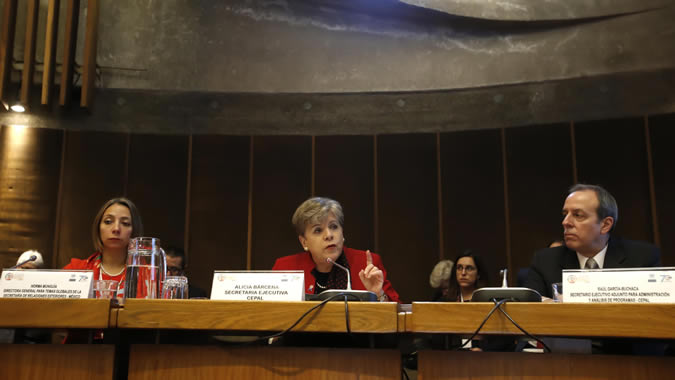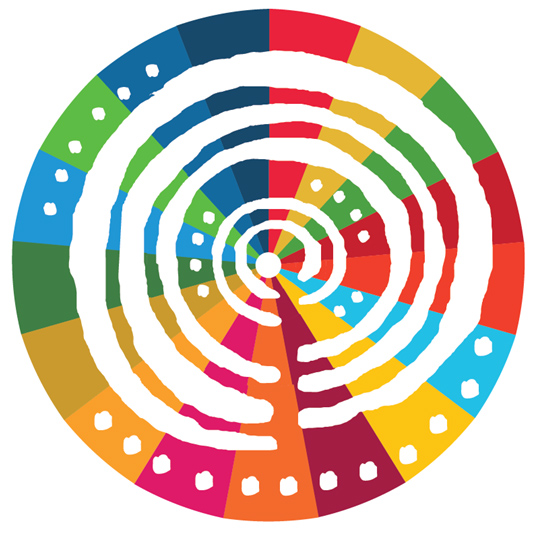Latin America and the Caribbean Moves Toward Sustainable Development, but Challenges Remain: ECLAC
Work area(s)
Alicia Bárcena, Executive Secretary of the regional organization, presented today the second annual report on regional progress and challenges related to the 2030 Agenda, in the framework of the Forum of the Countries of Latin America and the Caribbean on Sustainable Development.

Traversing the path toward a new, more sustainable development pattern requires a vision and political work, an open and solid multilateral system, and coalitions and institutions for the promotion of policies on a global, regional, national and local scale, stated Alicia Bárcena, Executive Secretary of the Economic Commission for Latin America and the Caribbean (ECLAC).
The most senior representative of the United Nations regional organization presented today the annual report on regional progress and challenges in relation to the 2030 Agenda, in the framework of the second meeting of the Forum of the Countries of Latin America and the Caribbean on Sustainable Development, which is taking place at ECLAC’s central headquarters in Santiago, Chile.
During her presentation, Alicia Bárcena highlighted that 20 of the 33 countries of Latin America and the Caribbean have high-level cross-sector institutions to coordinate the implementation of the 2030 Agenda for Sustainable Development, which shows concrete progress by the region toward a new development pattern. In addition to this, there has been recognition and work done to ensure that all sectors of society participate in the attainment of the Sustainable Development Goals.
ECLAC’s Executive Secretary said that by 2018, 19 countries of the region will have presented Voluntary National Reviews about their progress on complying with the 2030 Agenda before the United Nations High-level Political Forum in New York, and some of them will do so for the second time.
However, she warned, there are still gaps, challenges and some rollbacks that must be overcome to implement this global agenda.
According to the report, poverty in Latin America rose from 28.5% in 2014 to 30.7% in 2016, while extreme poverty went from 8.2% to 10% in the same period. Furthermore, more than 100 million people continue to live in urban slums.
Between 1990 and 2013, more than 43,000 people died and 126 million were affected by disasters of varying magnitudes in 16 Latin American and Caribbean countries, the majority of them associated with climate change.
The document adds that there is still an urgent need to fight tax evasion, which is seen totaling $340 billion dollars, or 6.7% of GDP, in the region.
For all these reasons, she indicates, regional integration is needed to propose new agreements that end financial, technological and trade asymmetries at a global level, and means of implementation that close financing, technological and trade gaps should be applied.
Another of the region’s challenges to complying with the 2030 Agenda is having information for the production of the global indicators on the SDGs, the availability of which averages around 45% taking into account those indicators that are already produced on a national scale or can be produced with available information.
Finally, the report reiterates that the sum of national actions is not enough, greater global cooperation is needed.
Related content
Related event
Type
Country(ies)
- Latin America and the Caribbean
